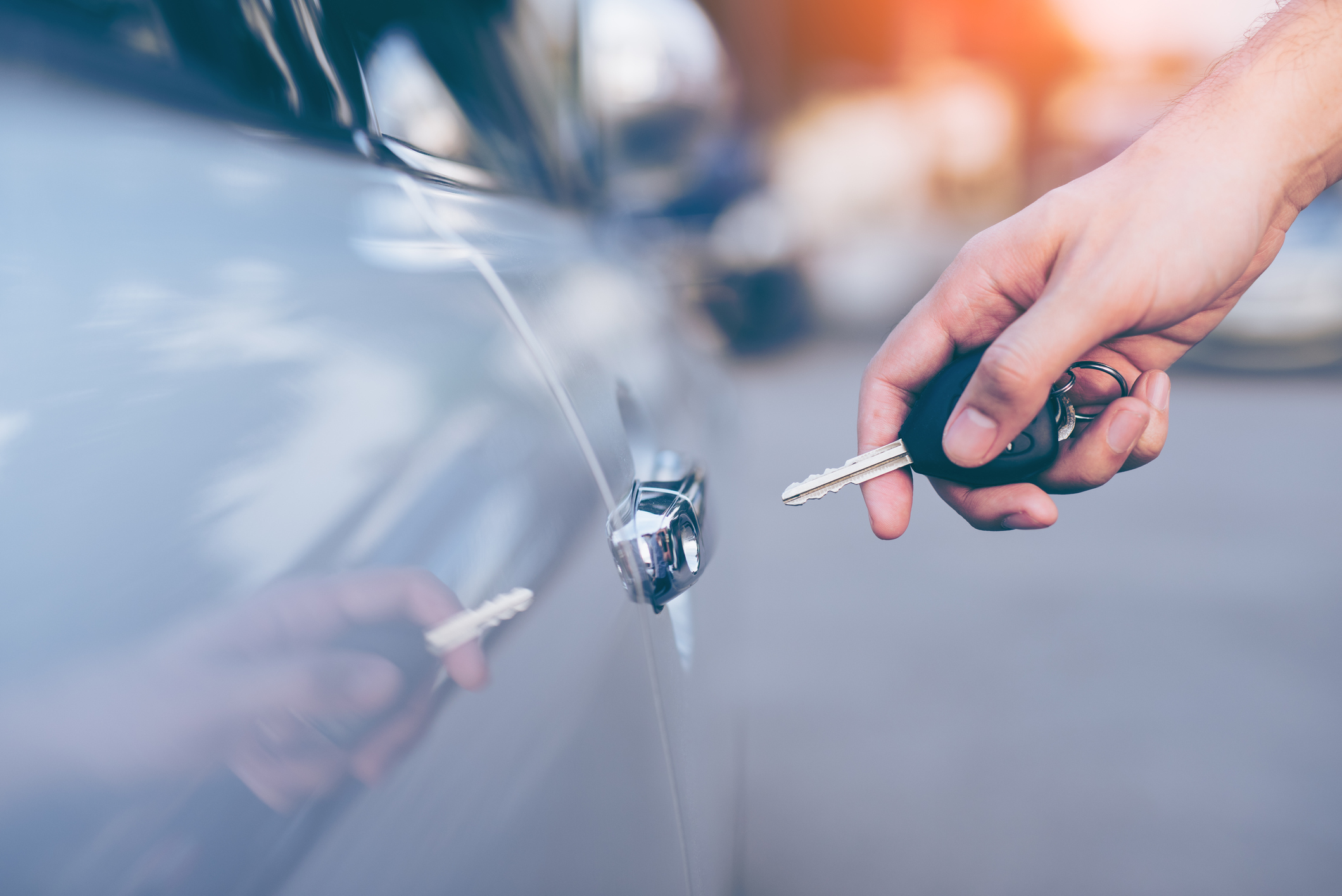Car ownership is a necessity – but it’s expensive. And when your monthly auto loan payments add up, you can quickly find yourself in dire financial problems.
But you aren’t alone, Right now, there are currently 107 million Americans carrying auto debt, according to data released by the Federal Reserve Bank of New York. And six million of those people are at least 90 days behind in their car payments.
If you’re struggling to make your car payments, you have options. Here’s what you can do to take charge of your auto loan once again.
Speak to Your Lender
If you’re behind on your car payments, your first step should be contacting your lender. It may seem counter-initiative because they’re the ones harassing you if your payment is overdue. However, lenders prefer you be honest with them about your situation. They don’t want to repossess your car – they want to help you.
Simply letting your lender know that you’re in a tough situation can sometimes get you positive results. Your lender may be willing to defer your payment for up to 30 days or refinance your existing loan to make it more affordable, potentially spreading out your payments and lowering your monthly bill.
It’s important to contact your lender as soon as possible – early communication means there may more of a chance your lender can help you out.
Use Your Home Equity Line of Credit
If you’re a homeowner, consider using your home as collateral to take out a home equity line of credit (HELOC) to help you pay your monthly car payment. This is a low-interest option because these types of loans are “secured” by the value of your home.
There is no fee to apply, no closing costs, and no annual fee. Another benefit of a HELOC is how convenient it is to access funds – it gives you the flexibility to decide when and how much to use. Plus applying for a HELOC is simple. The online application only takes about 15 minutes, once completed a specialist will help you complete the process by showing you how to check your application status and securely upload the required documents.
Trade in Your Car
If you bought a car you simply cannot afford, you can get rid of it entirely – you have the option to trade in your vehicle for a more affordable car. Dealerships will accept trade-ins and give you a discounted price on a new or used car. And a cheaper car will allow you to actually make your payments. Before opting for a trade-in, you’ll want to spend time researching and shopping around so you know you’re getting the best value.
But there’s one catch to trade-ins: the trade-in value must be less than the balance of your loan. If you’re still carrying a loan balance, you’ll still have payments to make, but you’ll be saving more in the long run if you choose a car within your budget.
Save Your Credit by Negotiating with Your Lender
One step you can take to secure your credit is negotiating with your lender – especially if the latter options aren’t applicable to you. It’s important to realize that missing any number of payments on your car can significantly impact your credit score. To avoid involuntary repossession, one option is to negotiate with your lender about selling your car. Most lenders do not want to go through the hassle of repossession, so they may be willing to work with you. Though being without a car can be an inconvenience, if you’re behind on payments it might be the best option in terms of having less of an impact on your credit score.
A lender might be willing to diminisher or forgive the amount you owe after they’ve sold your vehicle. However, there is a slight chance that your lender will not give you this option and you’ll have to be prepared to pay the remaining balance owed after the sale of your vehicle.
If you’re drowning in debt because of a late or overdue car payment, it’s important to know that you do have options. Falling behind on your car payments is a very serious problem, as it can affect your life and your credit. It’s best to be honest with your lender about your situation, most will be willing to help you get back on your feet.
